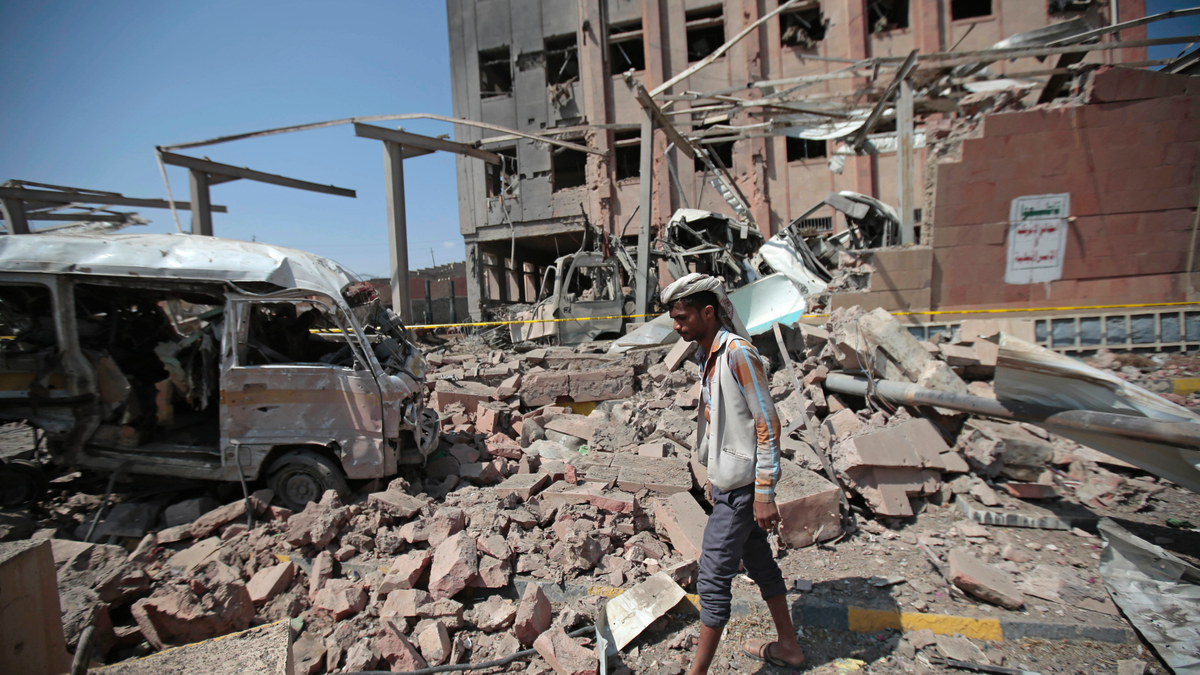
SANAA, Yemen – Yemen's warring parties have confirmed their willingness to restart negotiations after a two-year hiatus, the U.N. special envoy for Yemen said even as fighting raged along the country's west coast over a key port city.
Martin Griffiths told the U.N. radio late on Thursday that he plans to bring Yemen's Shiite rebels, known as Houthis, and the country's internationally recognized government backed by a Saudi-led coalition to the negotiating table within the next few weeks "at the very latest."
He said he hopes the U.N. Security Council will come up with a plan next week and present it to the Yemenis.
Griffiths has been talking to both sides to prevent an all-out bloodbath in Hodeida, which is a lifeline for Yemen's population.
He visited Yemen's President Abed Rabbo Mansour Hadi in the southern city of Aden. He also met with the Houthis' chief negotiator Mohammed Abdul-Salam. He said he expects more talks with the Houthi side to take place within the next few days over the start of negotiations.
Griffiths attributed a lull in the fighting Friday "to the discussions we have been having with the parties."
Earlier this month, Yemeni forces backed by the Saudi-led coalition launched an offensive to retake Hodeida. Fighting has been concentrated at and around the city's airport, threatening to worsen Yemen's humanitarian situation.
Aid groups have repeatedly voiced fears that a protracted fight could shut down the port and potentially tip millions of people into starvation.
Recently, the Houthis offered to have the United Nations manage Hodeida's port, pending an "overall cease-fire" in the rebel-held city. This has been accepted by both sides, Griffiths said, adding that the U.N. role would begin "as soon as the parties" formally agree.
The civil war in impoverished Yemen has raged unabated since March 2015.
On Friday, thousands gathered in the capital, Sanaa, to protest the coalition's offensive on Hodeida. The protest lasted about an hour and demonstrators chanted slogans condemning the assault and called on the international community to stop the war. The Houthi rebels seized Sanaa in September 2014 and drove out Hadi's government.
Yemen has been devastated and pushed to the brink of famine by the stalemated war that has left around two-thirds of Yemen's population of 27 million relying on aid, and over 8 million at risk of starvation.
